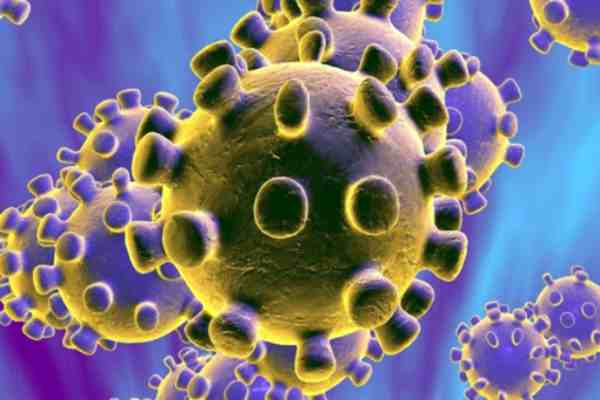
COVID-19 and Israel "Phase 2": the University of Bar-Ilan suggests a "blocks" lockdown strategy
“Lockdown”, “Phase 2”, “asymptomatic positive people”. There are many words and expressions related to COVID-19. A page of history, tragic and painful, where the entire humanity is struggling to get out. The strategies adopted by the governments over the world are different according to the degree of infection severity.
However, we could say that, as regards the Occident, the priority appears to be the conjugation of returning more or less to normality after the lockdown with the need not to review dangerous outbreaks of contagion by COVID-19 in specific areas.
How to achieve this? How to plan such a complex synthesis of opposing needs?
In “phase 1”, related to the emergency response, the basic way of blocking the spread of COVID-19 has been the concept of lockdown everywhere in the world. That is to say, the extreme restriction of individual freedom in movement, in order to provide “useful time” to health sector professionals to manage a chaotic and unexpected period, and therefore to produce tests and provide PPEs, to identify efficient drug mixes, to set up patient reception facilities, to solve economic and social problems never previously envisaged.
Moreover, we are facing the biggest global crisis since the end of the Second World War. The “phase 2”? According to many medical statisticians, the pandemic will worsen when the entire population will return to its workplace. However, this passage is necessary on one hand for the sustenance of families, on the other for the supply of goods of various kinds to people themselves.
The key, according to some experts, remains to extend the rapid tests for coronavirus as much as possible, in order to identify people who are potentially contagious for COVID-19 and isolate them for the time necessary for treatment and recovery.
A big problem, given that there are many concerns related to the efficacy and reliability of these rapid tests, especially referring to the anti-immunoglobulin tests.
Mathematicians are beginning to play an important role in the management of this long crisis, in particular those of the universities. It is to them that governments all over the world look to understand when and how much to loosen the grip of restrictions, and therefore to find the right compromise that harmonizes the need for normality and the need to stop infections.
COVID-19 and lockdown: the study in Israel
One option looked at with great interest is that they are considering in Israel, underlying the division of the population into high and low-risk groups.
In Israel, it must be said, the attempt is to get out of the lockdown around April 19, therefore in the next weekend. To report it, and to report on the meetings of the National Security Council, the newspaper Haaretz.
An option developed by researchers at the Israeli University of Bar-Ilan requires the Israeli population to be divided into two “shifts”. Each would be released from the block on alternated weeks, thereby reducing the risk of asymptomatic carriers infecting others. An infected person during his active week would enter a one-week block, at the end of which he could resume work, if in good health.
If the idea sounds familiar to you, it is probably because it is an option that has been adopted for some time by several Italian factories and companies on a small scale (production departments).
Another option, proposed by the Weizmann Institute of Science, would have the entire economic cycle in and out of the block, with four days of work every 10 days of the block in an attempt to drastically reduce the rate of infection and ultimately lead to ” to COVID-19 that disappears. “But the exit strategy, in this case, does not seem to present sufficient degrees of certainty and would be in crisis in the face of an unexpected second peak of infection during the year.
What choices will be made? How will it be possible to harmonize the “hard” choice of one state with the “soft” one of another state without this not affecting the exchange of goods, business travel, tourism and anything else?
Today it is difficult to say. But to read carefully the studies that the Israeli university and many other nations are preparing, it is easy to hypothesize that the subdivision into blocks, after the lockdown, and the continuous monitoring with techniques and protocols of preventive diagnostics will become the norm for at least a year starting from now.
Our previous life span, short or long that has been, must be considered ended: another opened its doors, and this is a certain fact.


